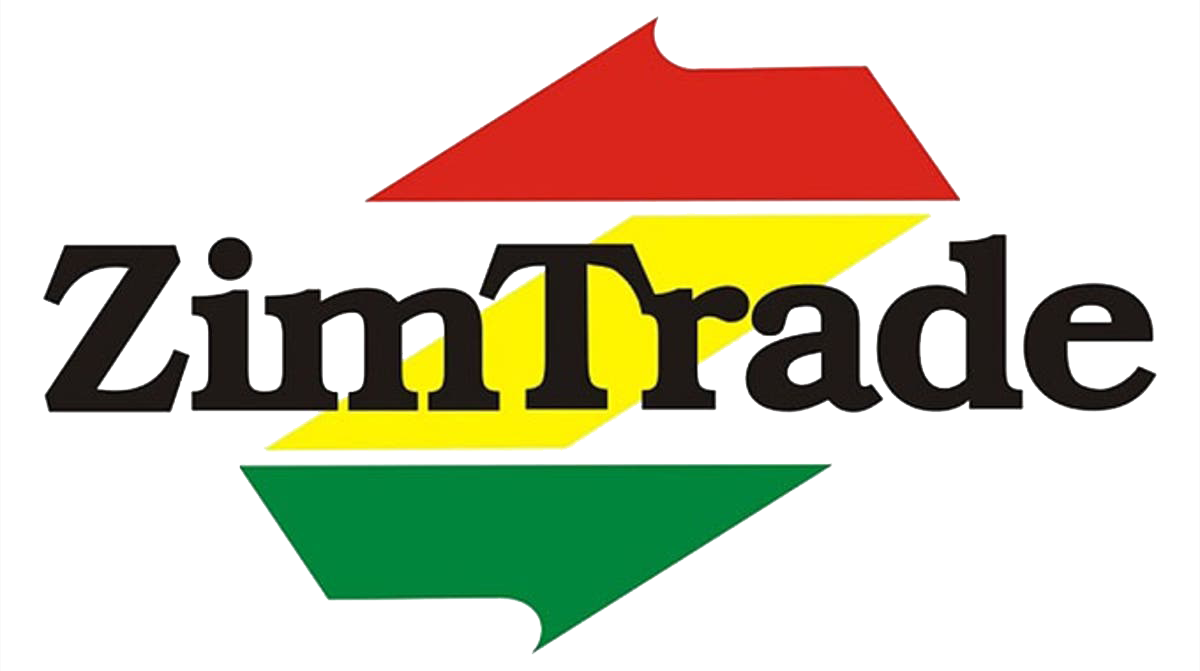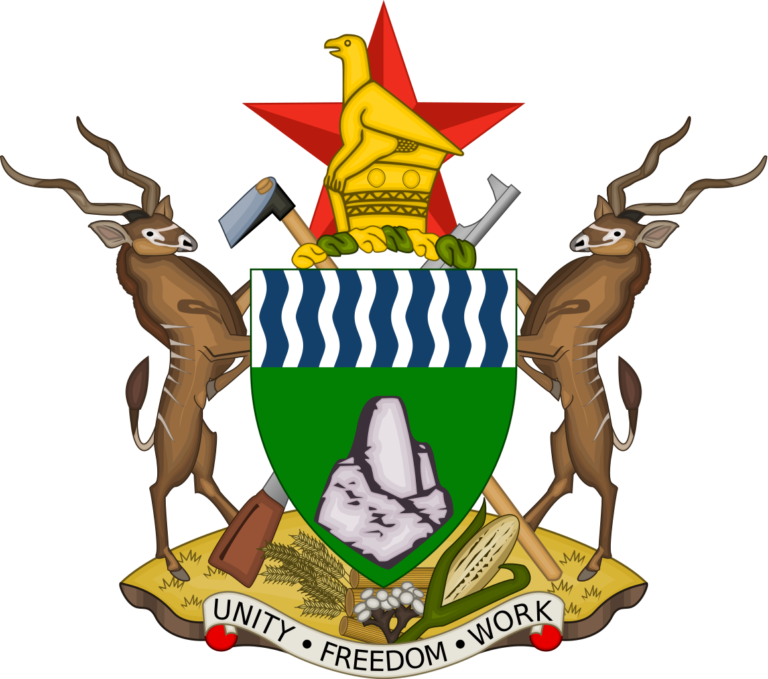GOVERNMENT is pushing for the expedition of the country’s National Export Strategy that is set to address bottlenecks in the export sector as the industry players move towards improving competitiveness of local products on the foreign market.
The National Export Strategy is meant to achieve competitiveness, value addition and export diversification in areas of comparative advantage. The export strategy would spur the growth of export industry, aiming to restore confidence in the local industry that has over the years been affected by the influx of cheap imports.
Addressing delegates during the ZimTrade Annual Exporters’ Conference, the deputy chief secretary for Public Sector Modernisation, Performance Management and Administration to the President and Cabinet, Dr. Ray Ndhlukula said with a trade deficit of about US$3 billion, government has mooted an export strategy in line with the Zim-Asset economic blueprint.
Presenting the Progress Report on the Ease of Doing Business Reforms, Ndhlukula said: “The implication of the vision is to ensure that Zimbabweans enterprises remain viable and be able to grow the economy by not only supplying the local market but also exporting to other countries,”
He said that Zimbabwe should take advantage of primary commodities where it has comparative advantage and improve on value addition. “Unfortunately in majority of cases where these products are being exported in their raw state and at a cheaper price thereby depriving Zimbabwe of the value-added revenue,” said Dr. Ndhlukula.
“It becomes ironic that these products will then be brought back to Zimbabwe later in a value-added state and at much higher prices, hence negatively affecting the balance of trade equation,” he added.
Dr. Ndhlukula bemoaned a myriad of challenges facing exporters that include corruption at the border posts, multiple regulatory agencies that affect profits and uncompetitive prices for imported inputs.
He said the office of the President had launched the rapid results initiative that optimises the achievement of goals in the short term, adding that this would assist in monitoring the country’s exports by removing bottlenecks that hamper the growth of the industry.
In his presentation, Dr. Ndhlukula highlighted the necessity of implementing the Ease of doing Business reforms as part of government’s broad strategy to accelerate the implementation of Zim-Asset. The Ease of Doing Business Reforms commenced in September 2015 after the President Robert Mugabe, during His State of the Nation address
Publish Date: Tuesday 01 November 2016



